
With February being the month where we celebrate Valentine’s Day, I thought that it would be appropriate to focus on a different type of love which deserves increased celebration and awareness …the relationship and love between siblings. As a mother of two young children, I can understand from a more personal perspective how it is every parents’ dream to see their children connect, play, and talk together. In my practice, several parents come to ask for some professional guidance on how it is that one can support their children in developing a positive relationship from the start. In this blog, I would like to share with you some general tips for parents to consider.

Why is creating a positive sibling bond important?
Research suggests how family plays such a big role in one’s wellbeing and development, from the physical developmental aspects to the emotional and social repertoire. Sibling relationships can be another positive source of safety and security. Knowing that your sibling loves you, is there to listen to you and always has your back may give one more confidence to love oneself and to explore the world around you. Sometimes siblings may find it easier to first open up with one another as they may be more understanding of the social realities that they are facing on a daily basis. Older siblings may sometimes also be seen as role models by their younger counterparts. Research also highlights how, no matter the age, a closer sibling bond is associated with increased empathy, sensitivity and social skills.
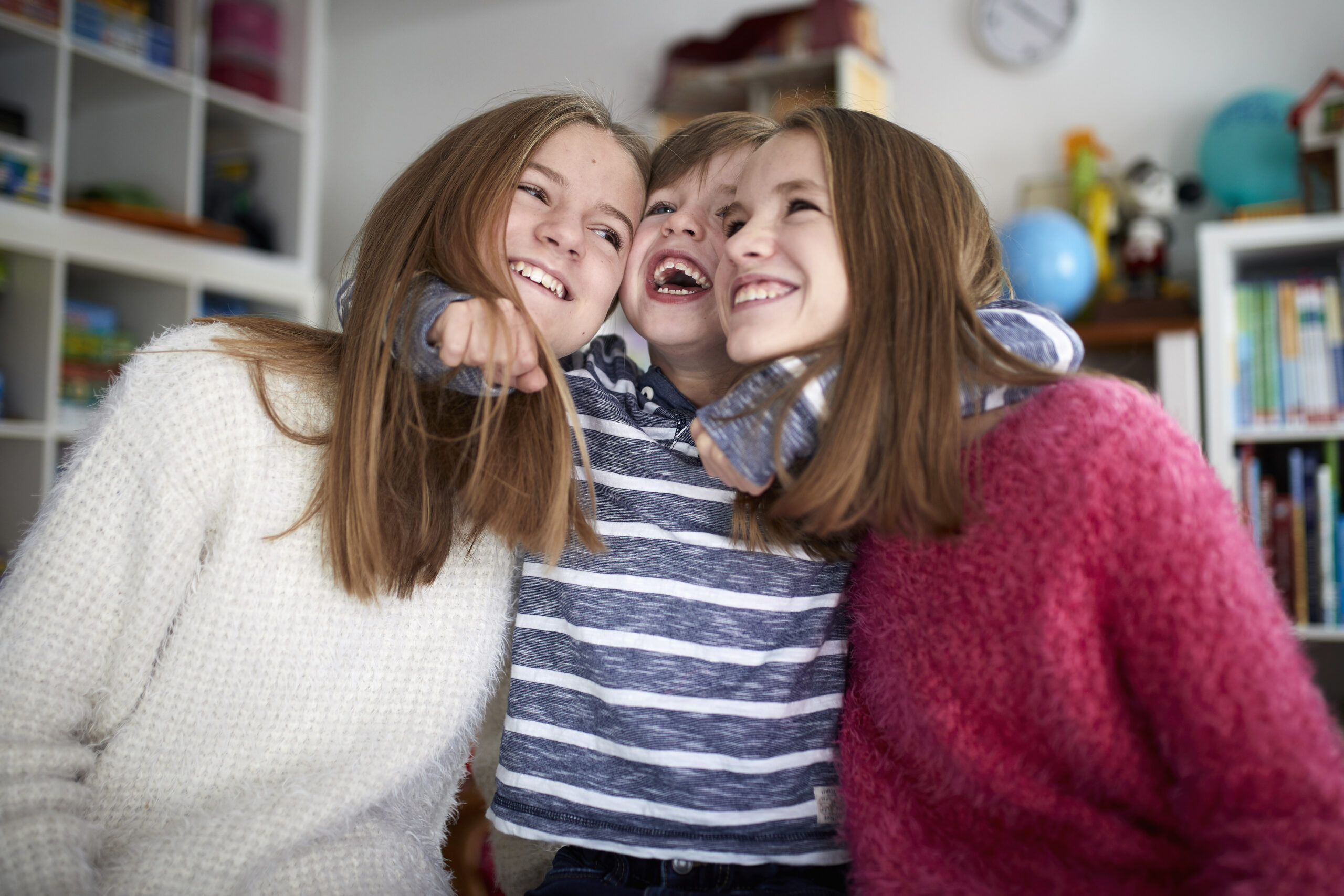
Fostering a positive co-parenting relationship.
Having a positive co-parenting relationship helps children to feel safer and calmer. Parents can model what a healthy relationship looks like for their children. Children may be less preoccupied about what might be going on in their parents’ relationship, and this frees up more energy for exploration and more positive relational connection seeking. It is very important that parents communicate with each other, and that they send the same message to their children so as to avoid any splitting or loyalty dilemmas. It is not the children’s responsibility to choose between their parents. Both parents are valuable and can have a unique place in their children’s heart and lives.
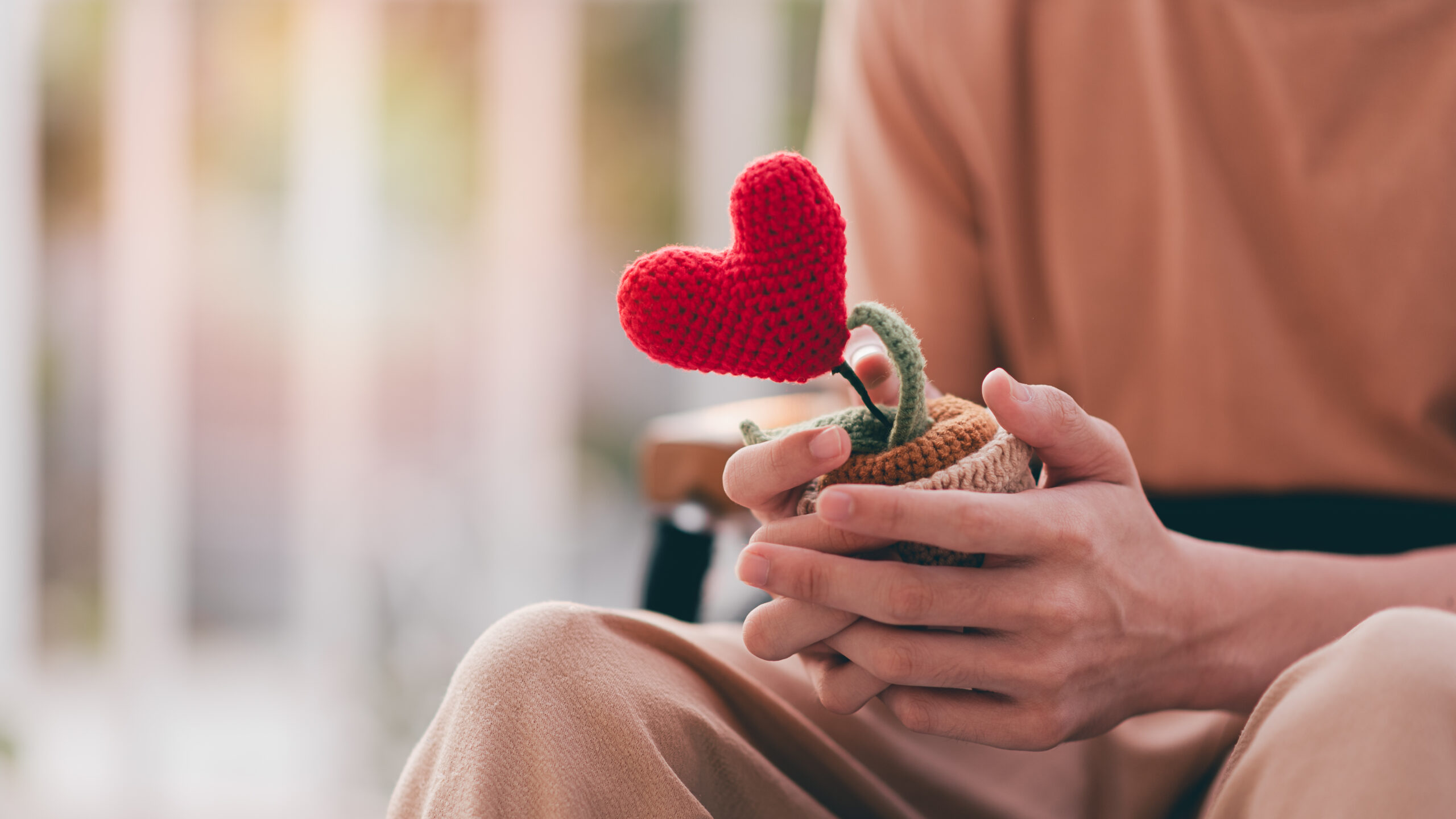
Be on the lookout and observe what activities your children enjoy playing together.
When parents notice what activities their children enjoy playing together, they will be in a better position to offer their children more opportunities for such forms of play. For example, my daughters currently both love unicorns and they engage in a lot of symbolic play, especially when simple props are available, such as cardboard boxes and colours. Giving them the space to play alone and to connect supports their sibling relationship. I also make it a point to praise them when I notice kindness, turn-taking and laughter. Children feed on positive attention, and highlighting the positive behaviour increases the chances of it occurring again. This also helps with helping them to recognize their beautiful qualities and contributes towards the building of a healthy self-esteem.
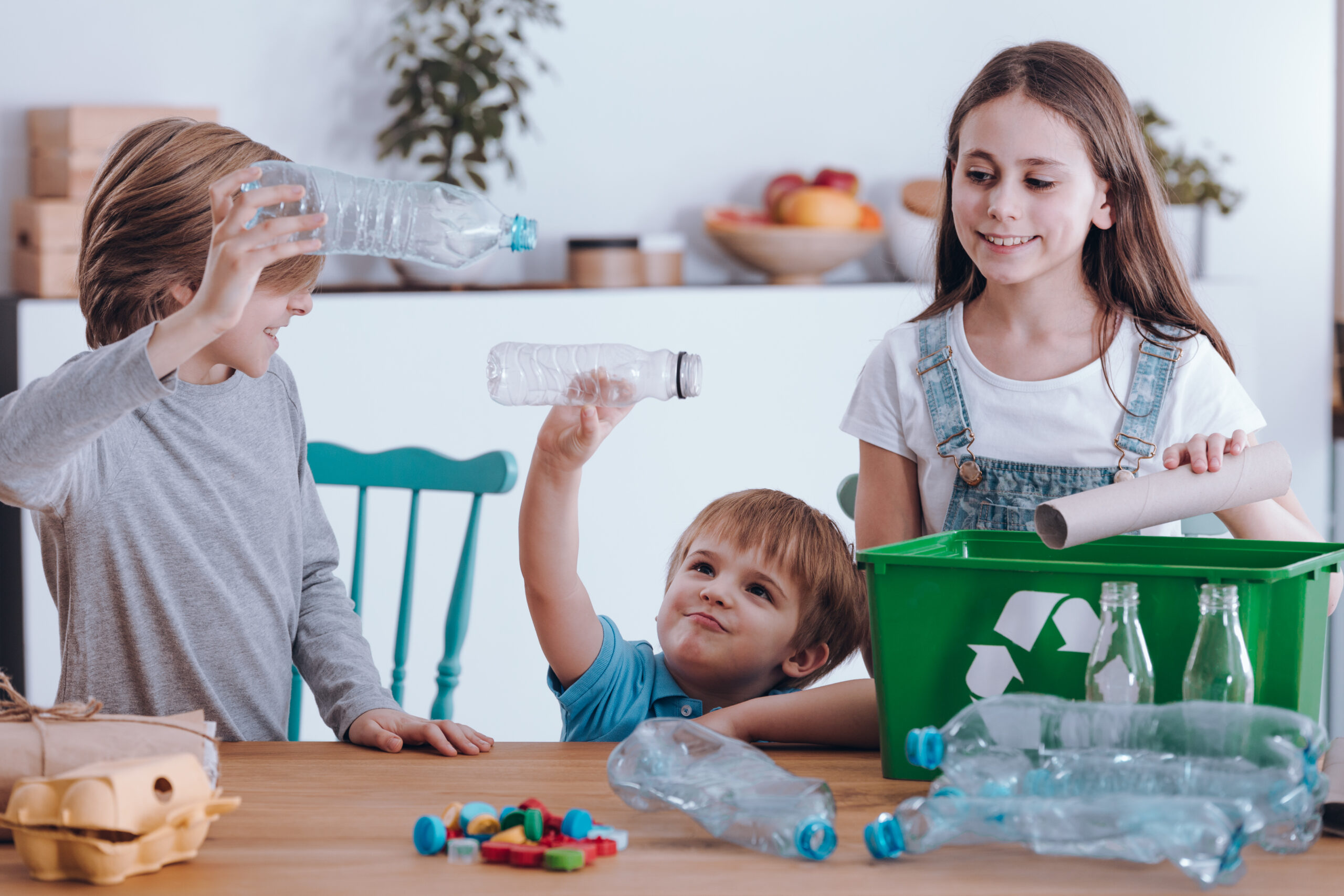
Encouraging siblings to engage in activities that require a joint effort is also valuable for fostering a closer relationship. For example, building a tower of blocks together or building a castle with cardboard boxes, painting together on a large piece of paper, baking cookies, and gardening. Siblings are likely to feel a good sense of pride in having created something together and in feeling recognized, as well as praised, by their parents.
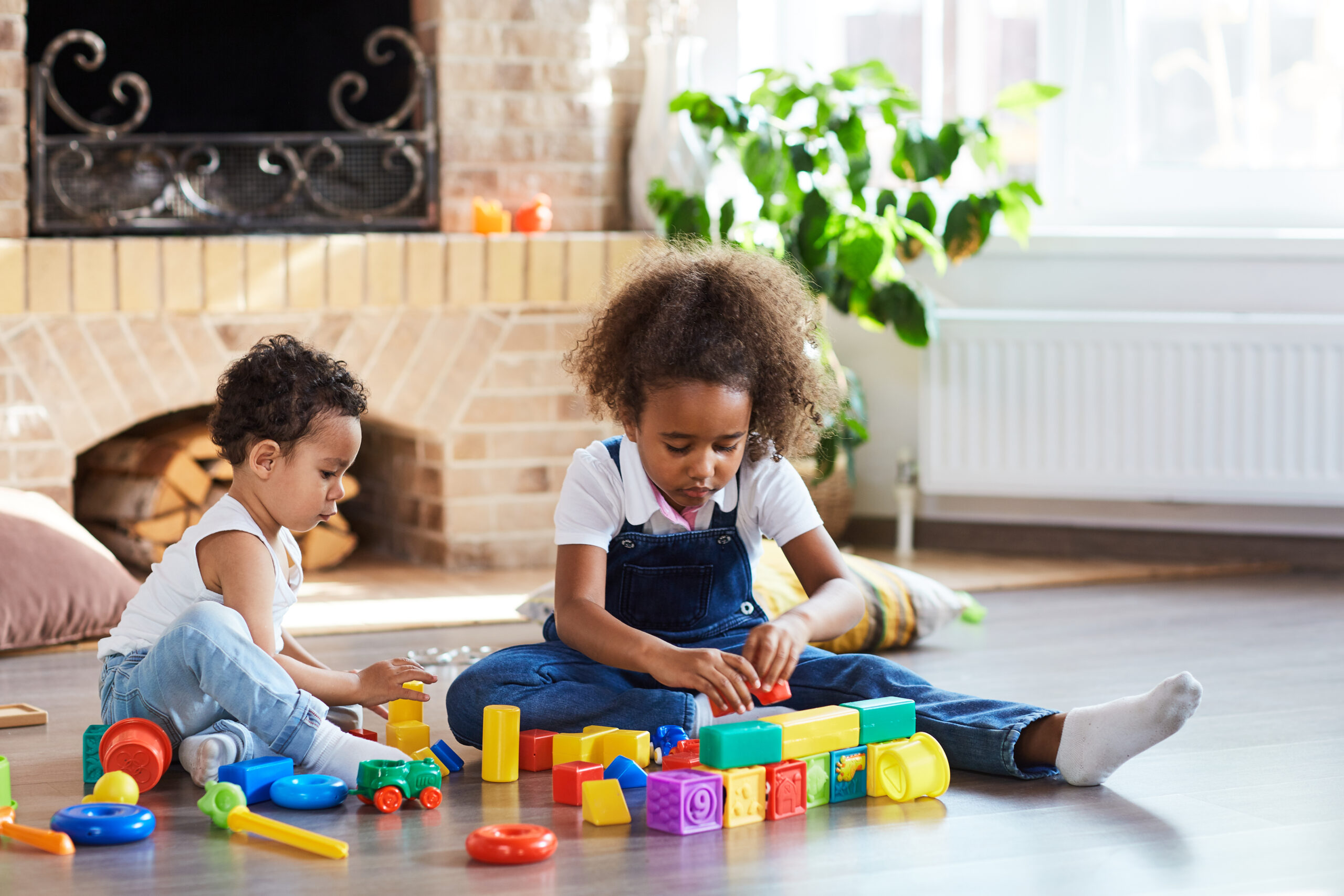
Promoting fun family activities where the siblings are on one team and the parents are on the other team. When siblings have more opportunity to work with each other, rather than against each other, they are more likely to build their connection and to bond together. Parents can for instance create a treasure hunt for siblings to solve together, or give them a project to work on together, such as organising the garage, or washing the car and giving them pocket money and perks for this, which they can use together.
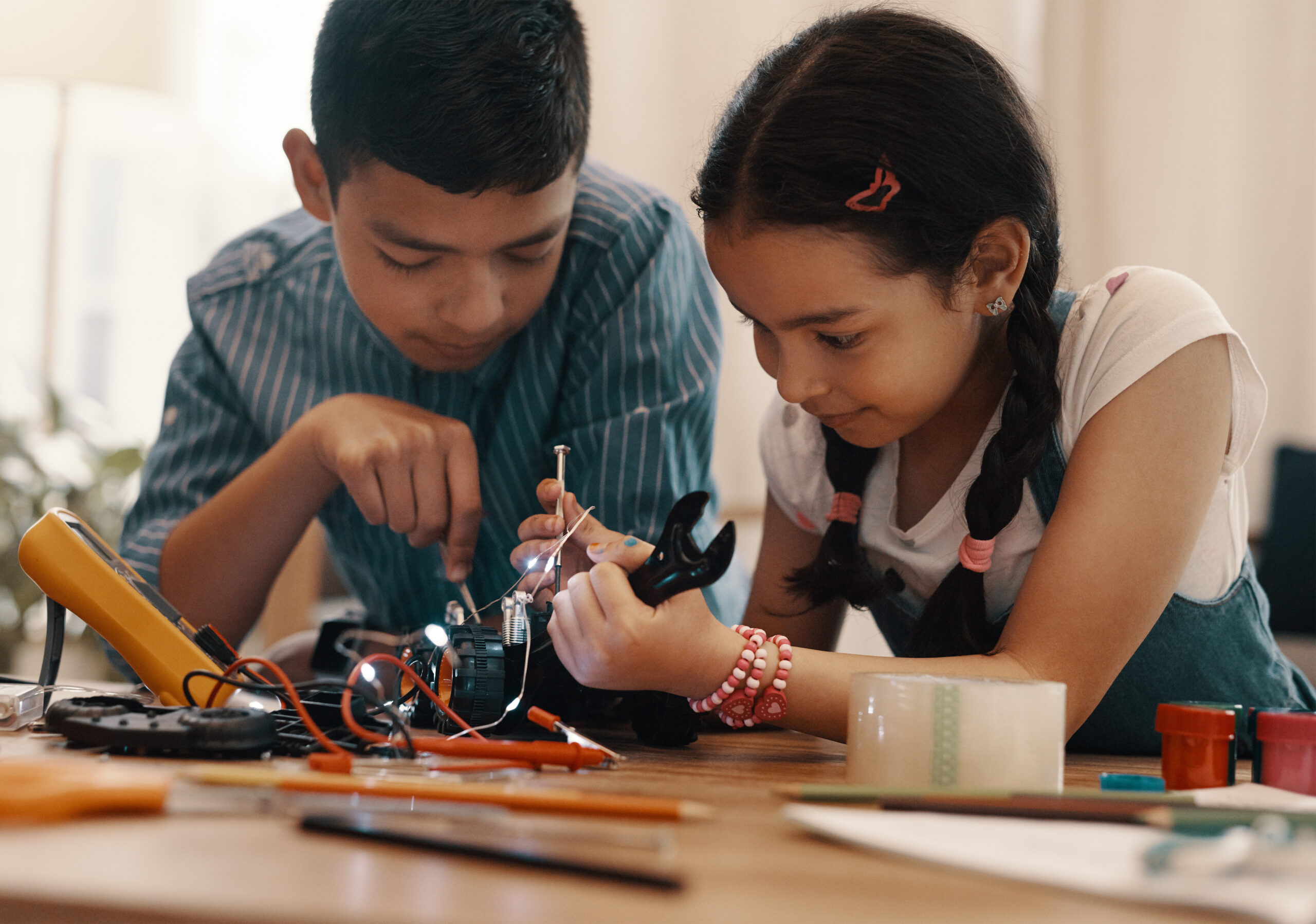
As a parent, one also needs to tailor supervision as according to the age of the siblings. For very young siblings it is helpful to be in the same room and to share your observations on what is happening when a disagreement arises. It is important to keep in mind that for young children the concept of sharing is alien; alternatively, it is more helpful to introduce them to the concept of turn-taking. You can also discuss with them various simple options of problem solving and help them to reach a compromise. When things get out of hand, giving them space from each other to calm down is pivotal. For example, should one sibling be hurting the other despite your best interventions, it is helpful to momentarily separate them until they are calmer, and then to talk it out together through expressing their emotions in a healthier way. All these are important social skills that will ultimately help them in their lives.
Sibling disagreement and conflict is likely to occur and is understandable as well. Our job as parents is to help the siblings navigate their disagreements in a healthy manner and to cope with them as best as possible. To support this process, it is first of all helpful to be mindful of our emotions as parents, to be able to pause and to choose how to respond rather than merely react. Responding from a calmer place will enable us to offer more containment to our children, which will positively influence their coping skills when it comes to handling various emotions, including anger and disappointment. Parents can support their children by hearing each child’s perspective, while refraining from taking sides and trying to explore options on how a compromise can be reached. Making clear boundaries on how aggression and violence are not acceptable is also very important. For instance, one can say – “It is understandable to feel angry right now, but at the same time, it is not acceptable that you hit your sister. Hitting is not OK.”
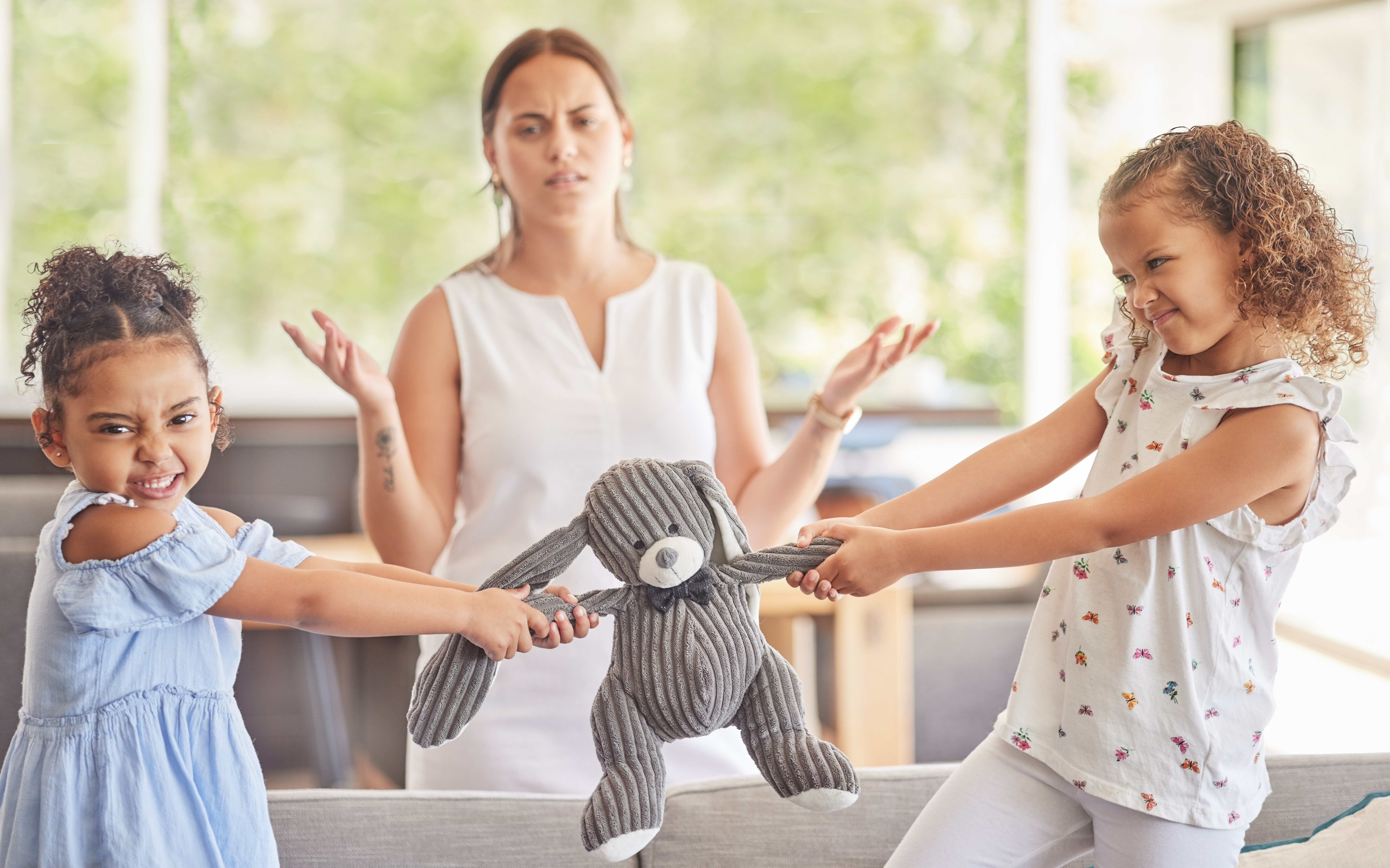
Model empathy and support. When children grow up in an environment where it is safe and acceptable to express emotions, they are more likely to open up about their joys and struggles. As parents we can support the development of a positive sibling relationship by helping each child to understand the value of empathy, by firstly, being empathic with them, and then also helping them to understand how their sibling may also be feeling in that situation. As parents, it is helpful to create an environment that encourages communication, and to support siblings in being curious in each other’s lives and interests. For instance, parents can encourage siblings to attend each other’s activities, such as sports competitions and concerts. Setting time aside for sibling dates may also be a lovely idea. Both can take turns to think about what the other sibling would enjoy doing, and spend time together accordingly. As parents, you can also nurture sibling communication through the modelling and teaching of active listening skills. Emphasize the importance of having siblings listen to each other’s ideas and emotions.
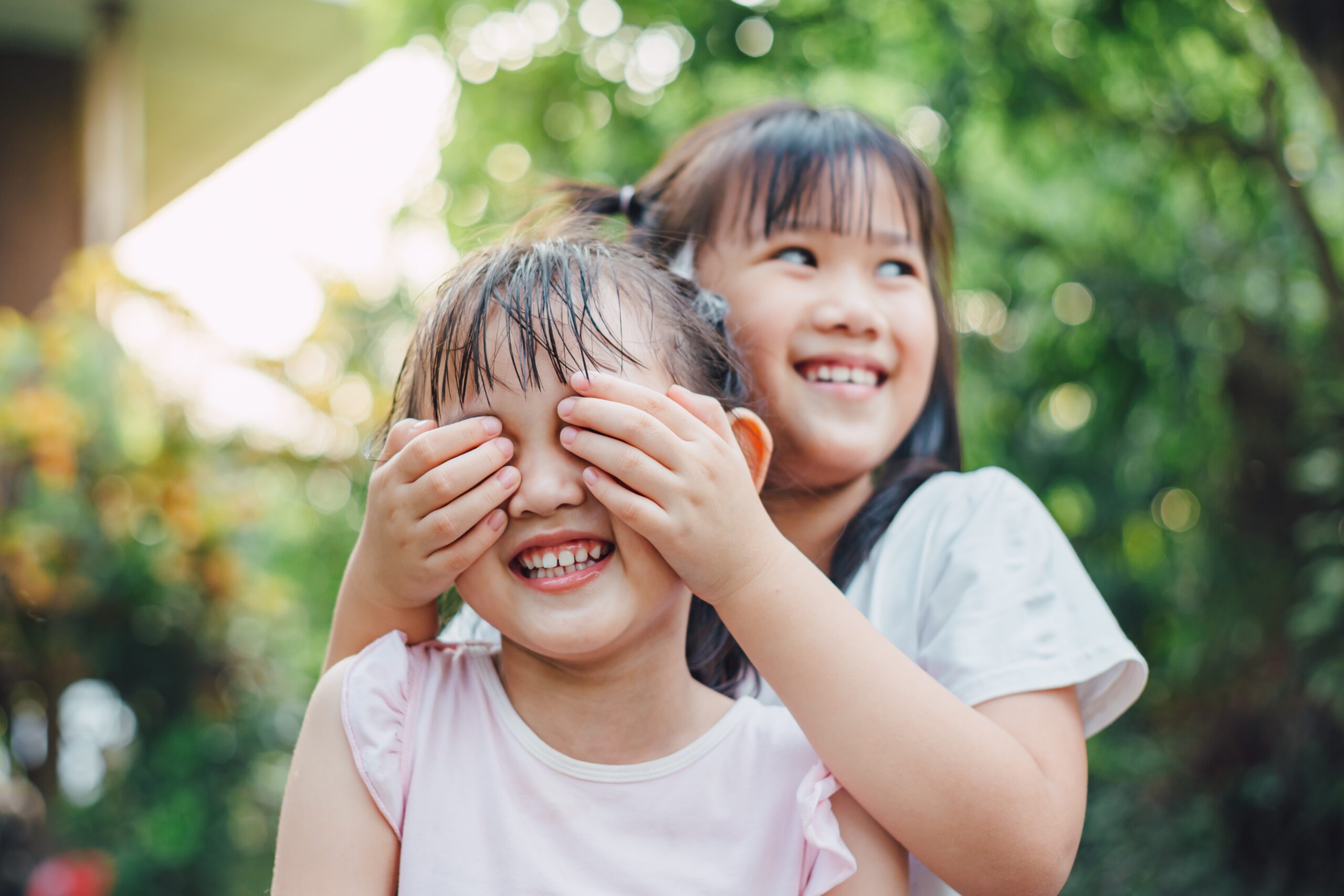
Support siblings to respect each other’s boundaries, as well as their need for space and privacy. All children benefit from having time alone and special time with each parent. This may help each child to feel more seen and special, whilst also giving them the opportunity to open up more about anything that may be on their mind. Maybe as parents you can talk about how you could take it in turns to go on separate dates with each individual child – this will continue to foster a positive rapport between parent and child, as well as between siblings. This may also reduce the likelihood for children to feel the need to compete for their parents’ attention, since they may feel that this need is being satisfied on a more regular basis. It may also be helpful to discuss with siblings the importance of asking for permission before using their sibling’s object/toy. Knocking before going in their sibling’s bedroom, especially for older children and adolescents, may also be another way of showing respect for privacy and in order to prevent conflict.
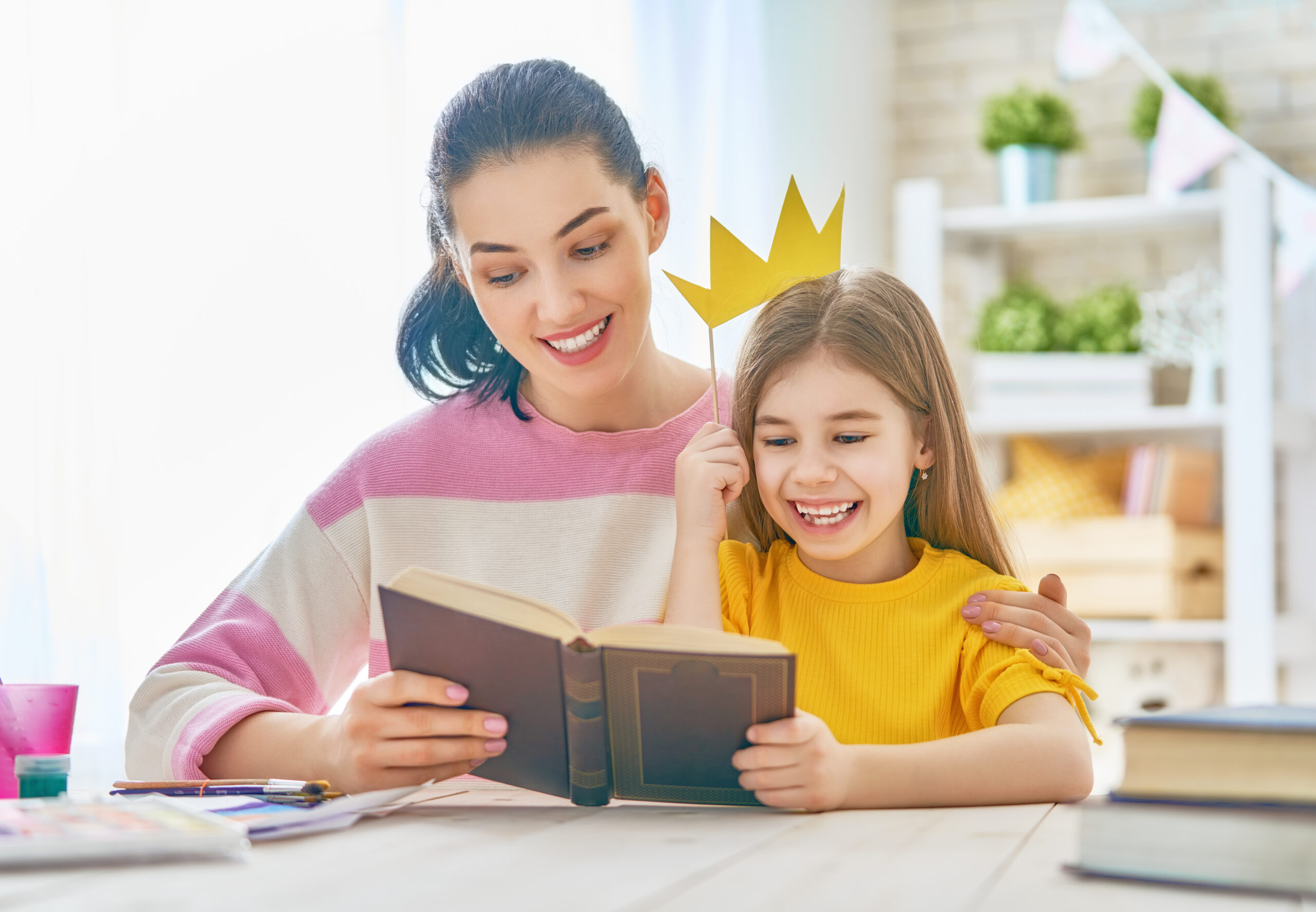
Highlight and appreciate the uniqueness between siblings.
As parents we can help by finding the time to verbalise the strengths and uniqueness of each sibling without engaging in comparison. To promote the positive development of self-esteem, it is important that as parents we do our best not to compare our children and their abilities. Unfortunately, comparing siblings may backfire, as it may encourage sibling jealousy, resentment and rivalry. I understand that this is something that we find ourselves doing almost automatically. At the same time, such comparisons do not help our children’s self-esteem nor the siblings’ relationship. As parents we want to show our children that each one of us has unique strengths and qualities, which we should encourage them to foster. Appreciating each other’s uniqueness promotes better wellbeing.

Encourage a bedtime routine where siblings can wind down together, cuddle and say goodnight. As parents you could also decide to read their goodnight stories all together, especially if the siblings are of a similar age. If not, you could also encourage the older sibling to read to the younger siblings at bedtime. Other ideas can include giving hugs, singing a lullaby, and giving their siblings cuddly soft toys to sleep with. Practising such ideas may support sibling bonding.
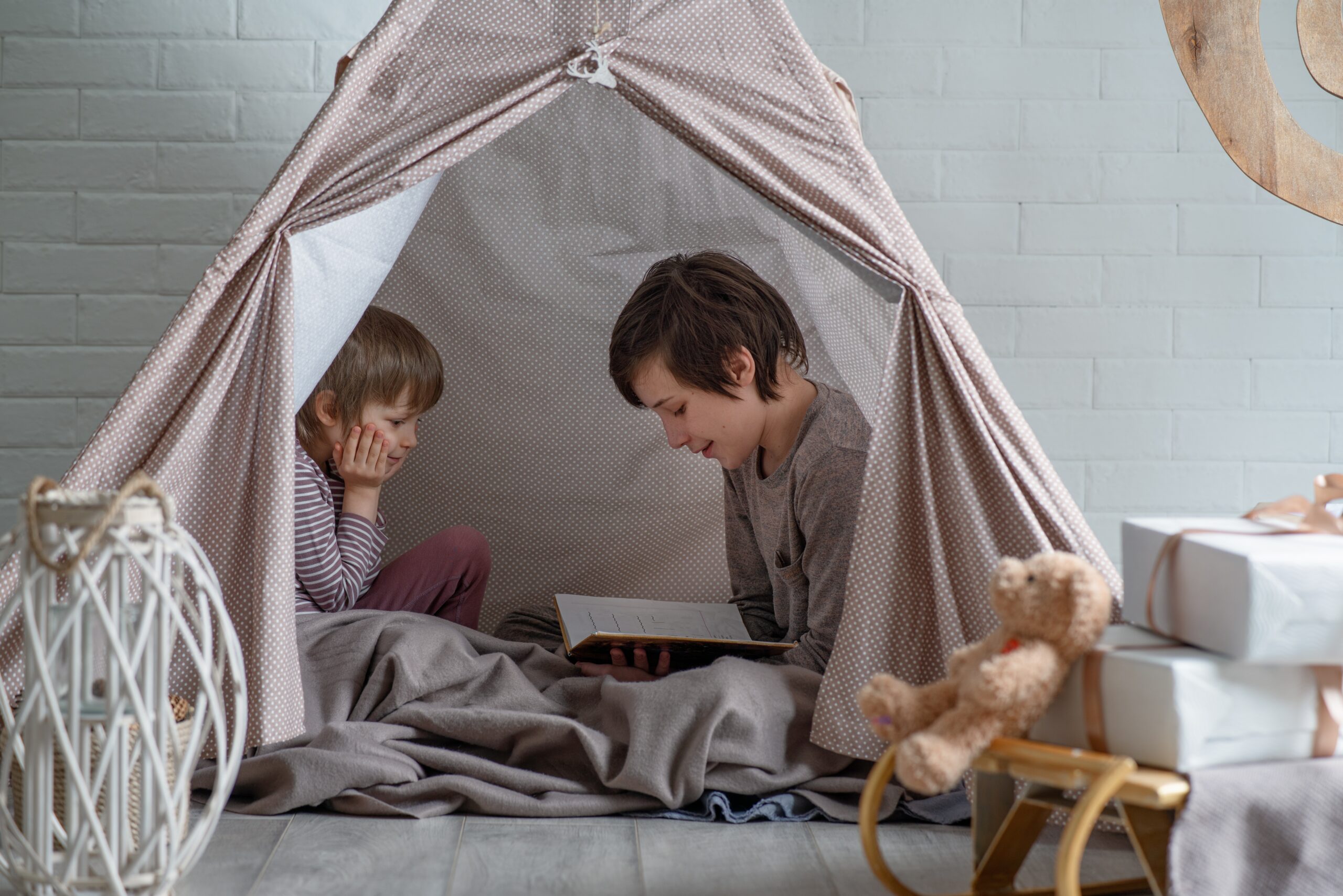
Finally, although children may not always appreciate the beauty of having a sibling, especially when they want the same toy or when they want to watch different television programmes at the same time, it is part of our work as parents to show them and to talk to them about how some friends may come and go, yet a sibling can be a best friend for life. Personally, watching my two daughters play and laugh together truly melts my heart, and far outweighs the frustration of their everyday feuds. It makes me feel proud of my family’s consistent efforts in building more secure familial relationships.
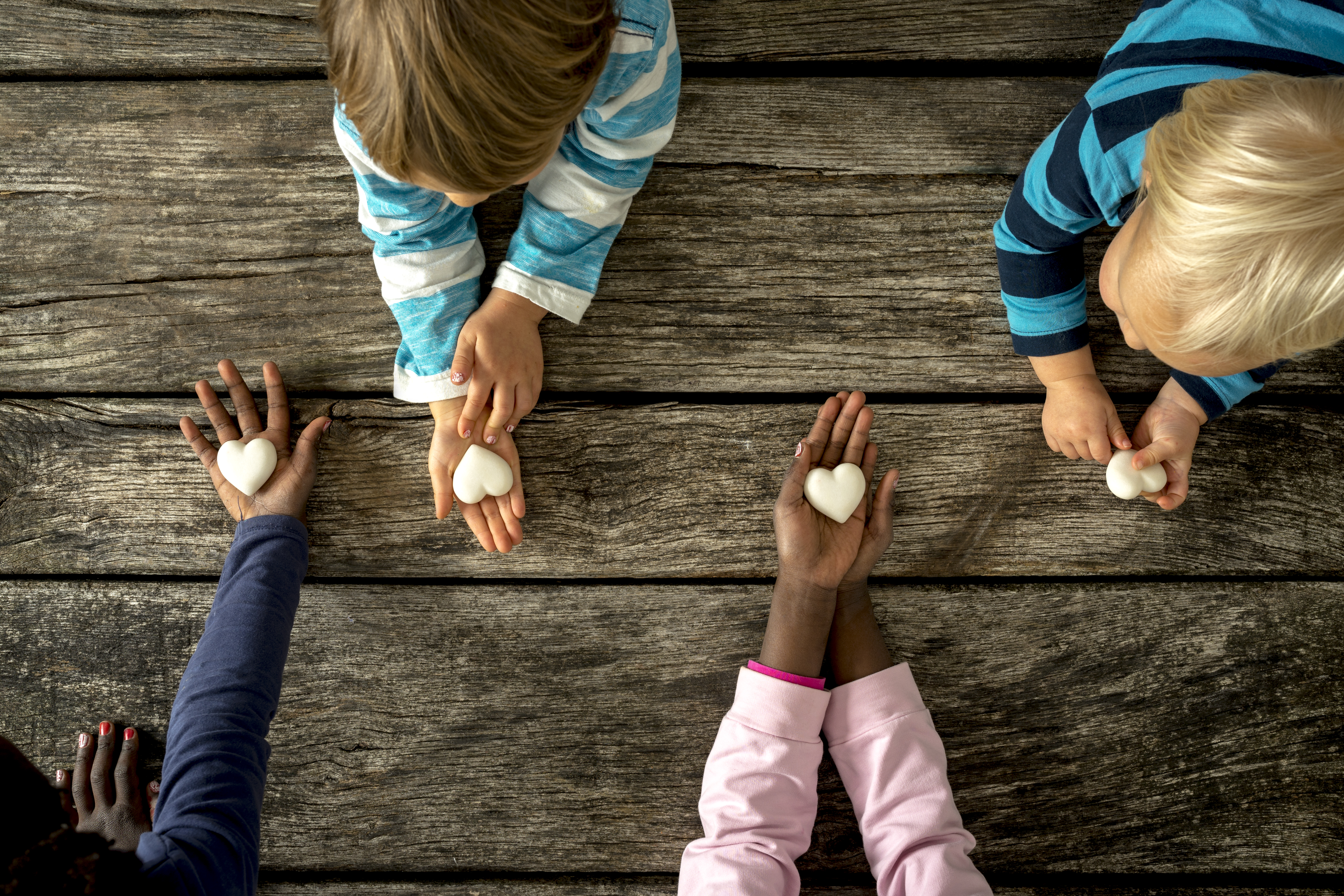
Let’s remember that a sibling is someone who has lived with you through so many life experiences, and who understands what it feels like to be a part of your family. A sibling love can indeed be a special kind of unique love, and one of the greatest blessings for our children. Side by side or miles apart, siblings are connected by the heart.

Charlene
Clinical Psychologist and Family TherapistClinical Supervisor


